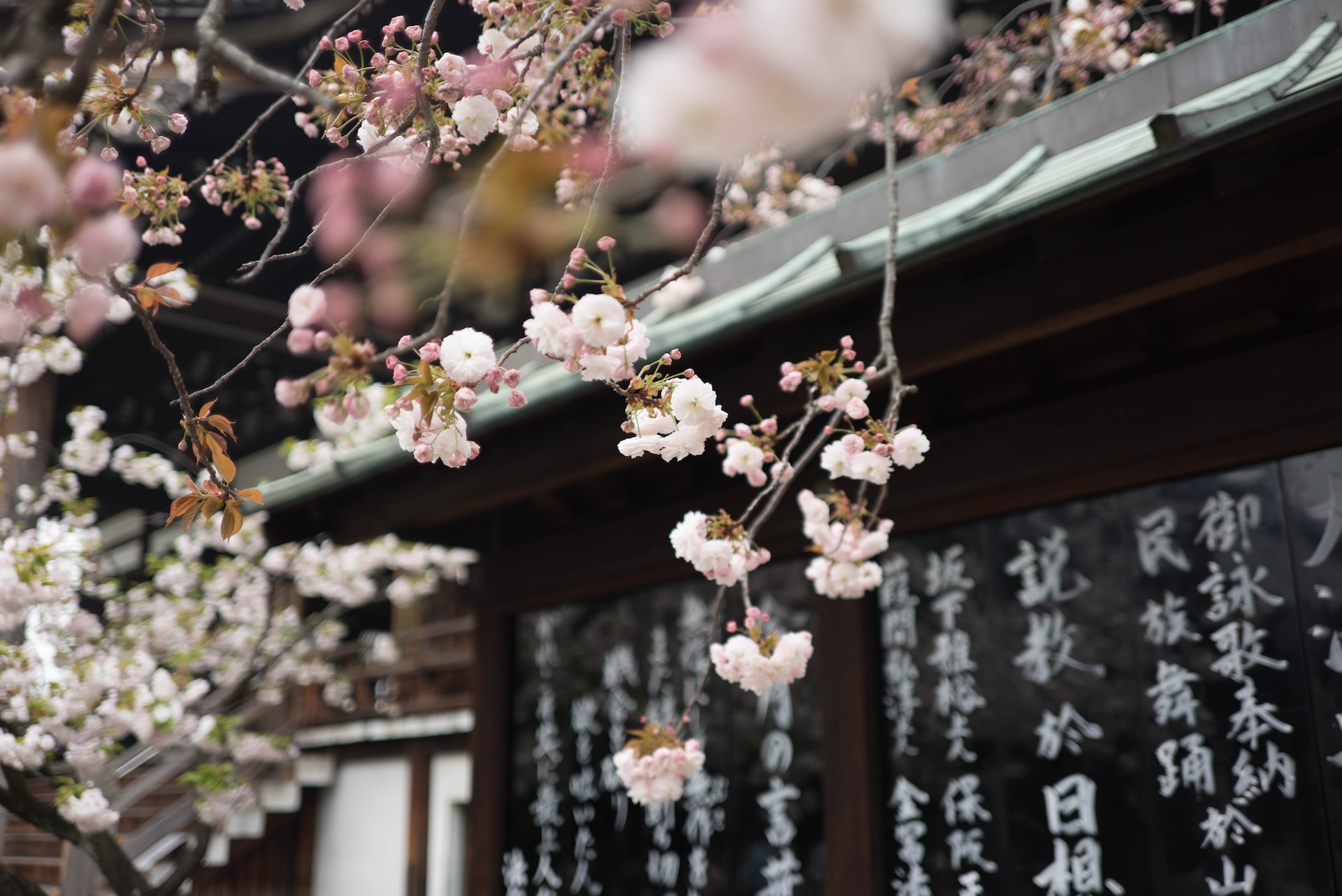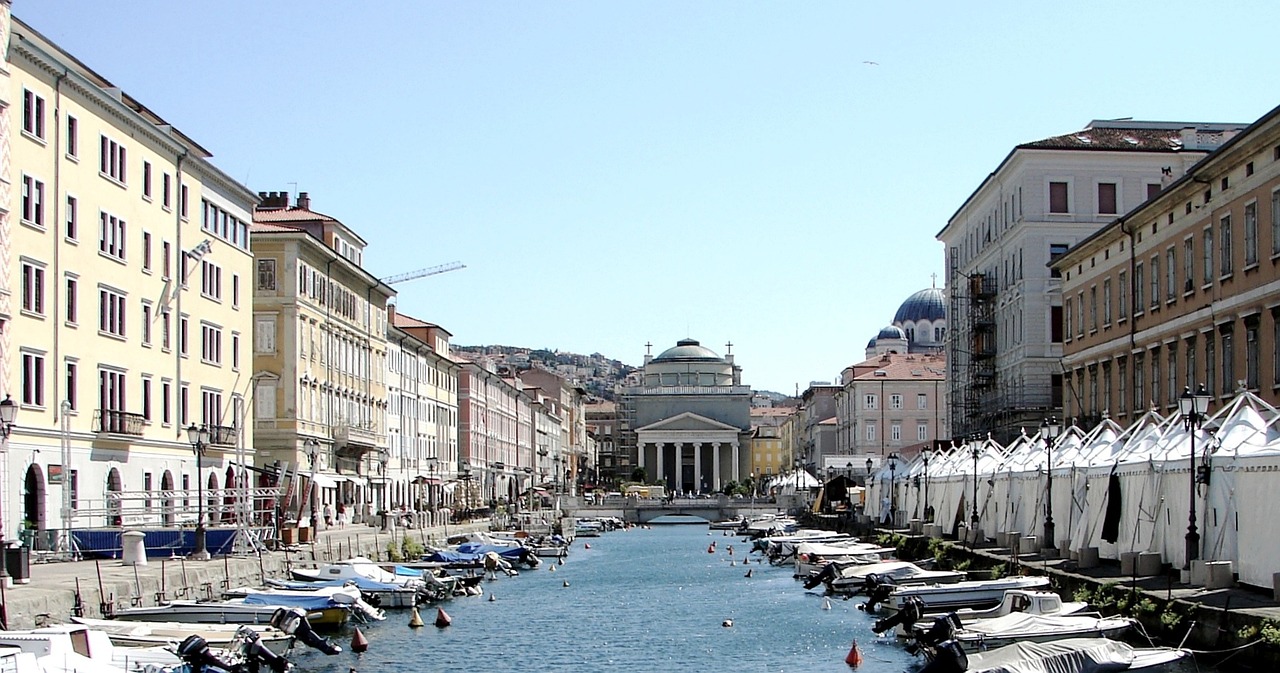Toronto, the capital of Ontario and the largest city in Canada, is a diverse and vibrant metropolis known for its rich history, stunning architecture, and thriving arts scene. However, its weather is an essential aspect of the city’s unique identity, influencing the day-to-day lives of its residents and tourists alike. In this blog article, we will explore Toronto’s weather patterns, the impact on the city’s culture, and the best spots to visit depending on the temperature.
A Comprehensive Guide to Toronto’s Weather
Toronto experiences a humid continental climate, characterized by warm summers and cold winters. The city’s proximity to Lake Ontario has a moderating effect on the weather, leading to more mild temperatures than one might expect. The table below provides an overview of Toronto’s weather throughout the year, with average minimum and maximum temperatures in both Fahrenheit and Celsius, as well as the probability of rain:
| Month | Min Temperature (°F) | Max Temperature (°F) | Min Temperature (°C) | Max Temperature (°C) | Probability of Rain |
|---|---|---|---|---|---|
| January | 18 | 31 | -8 | -1 | 30% |
| February | 20 | 33 | -7 | 1 | 30% |
| March | 28 | 41 | -2 | 5 | 35% |
| April | 38 | 54 | 3 | 12 | 40% |
| May | 48 | 65 | 9 | 18 | 40% |
| June | 57 | 75 | 14 | 24 | 35% |
| July | 62 | 81 | 17 | 27 | 35% |
| August | 61 | 79 | 16 | 26 | 35% |
| September | 53 | 71 | 12 | 22 | 35% |
| October | 43 | 59 | 6 | 15 | 40% |
| November | 35 | 47 | 2 | 8 | 40% |
| December | 25 | 36 | -4 | 2 | 35% |
Cultural Implications of Toronto’s Weather
Toronto’s weather has a significant influence on its culture, shaping its residents’ daily lives, traditions, and events. In this section, we’ll delve into how Toronto’s climate impacts the city’s identity and creates a unique experience for both residents and visitors.
Embracing the Outdoors
One of the most prominent ways that Toronto’s weather impacts the city’s culture is by encouraging residents and tourists to embrace the outdoors. The city boasts numerous parks, trails, and waterfront areas, which become bustling hubs of activity during the warmer months. As temperatures rise, Torontonians eagerly participate in outdoor sports, festivals, and other events, celebrating the city’s natural beauty.
Winter Wonderland
While the winter months can be cold and snowy, Toronto residents have learned to make the most of this time of year. The city transforms into a winter wonderland, with ice rinks, winter festivals, and holiday markets taking center stage. This shared love for winter activities strengthens the sense of community among residents, fostering a culture of resilience and unity in the face of harsh weather conditions.
Tourist Spots for Toronto’s Hottest and Coldest Days
Whether you’re visiting Toronto during the sweltering summer or the frosty winter, there are plenty of attractions to suit any temperature. Here are some recommendations for the best places to visit during the city’s hottest and coldest days:
Hot Summer Days
- Toronto Islands: Escape the city’s heat by hopping on a ferry to the Toronto Islands, where you’ll find sandy beaches, picnic areas, and stunning views of the city skyline.
- Ripley’s Aquarium of Canada: Cool off indoors while exploring this world-class aquarium, featuring over 16,000 aquatic animals and interactive exhibits.
- Harbourfront Centre: Stroll along the waterfront, enjoy outdoor concerts and art exhibitions, or relax in one of the many green spaces along the shore of Lake Ontario.
- High Park: Toronto’s largest public park is the perfect place to spend a hot day, with beautiful gardens, playgrounds, walking trails, and even a zoo.
- Trinity Bellwoods Park: This popular park in the heart of the city offers plenty of shady spots to relax, as well as sports facilities, playgrounds, and a weekly farmers’ market.
Cold Winter Days
- Nathan Phillips Square: Lace up your skates and glide across the iconic outdoor ice rink, or take in the festive lights and decorations that adorn the square during the winter months.
- Distillery District: This historic neighborhood is home to the annual Toronto Christmas Market, featuring artisan vendors, live music, and plenty of seasonal treats.
- Royal Ontario Museum: Escape the cold and explore the diverse exhibits at this world-renowned museum, showcasing art, culture, and natural history from around the globe.
- Art Gallery of Ontario: Warm up while admiring an impressive collection of Canadian and international art, including works by renowned artists like Picasso, Monet, and Van Gogh.
- PATH: Navigate the city without braving the cold by using Toronto’s PATH system, a sprawling underground network of pedestrian walkways and shopping centers that connect many of the city’s major attractions.
Conclusion
Toronto’s weather plays a significant role in shaping the city’s culture, with both residents and tourists adapting to and embracing the climate’s unique challenges and opportunities. From outdoor summer adventures to cozy indoor escapes during the winter months, there’s always something to do in Toronto, regardless of the temperature. By understanding the city’s weather patterns and their cultural implications, visitors can fully appreciate and enjoy everything that Toronto has to offer.



